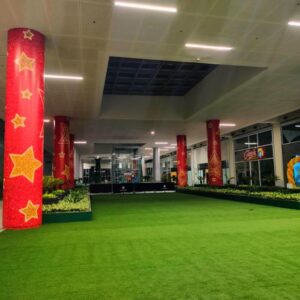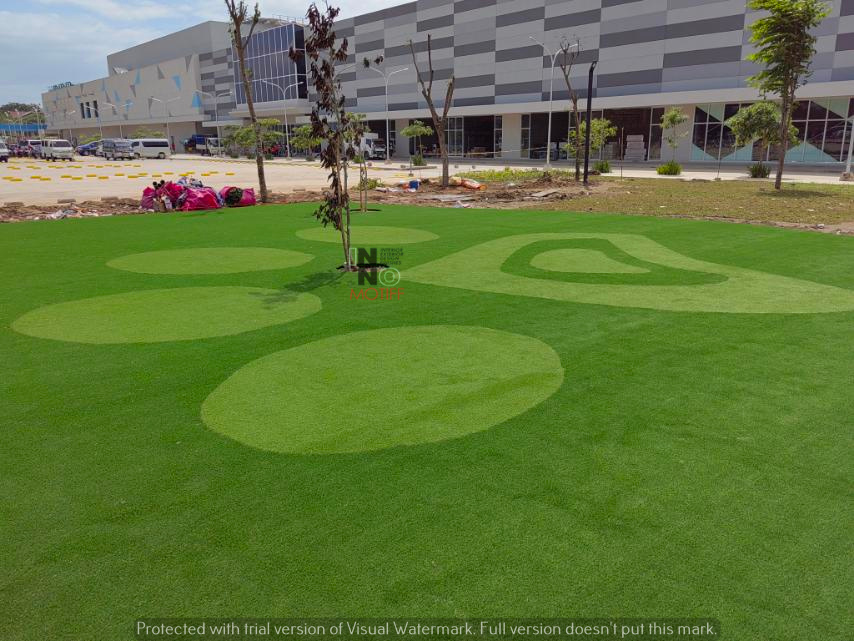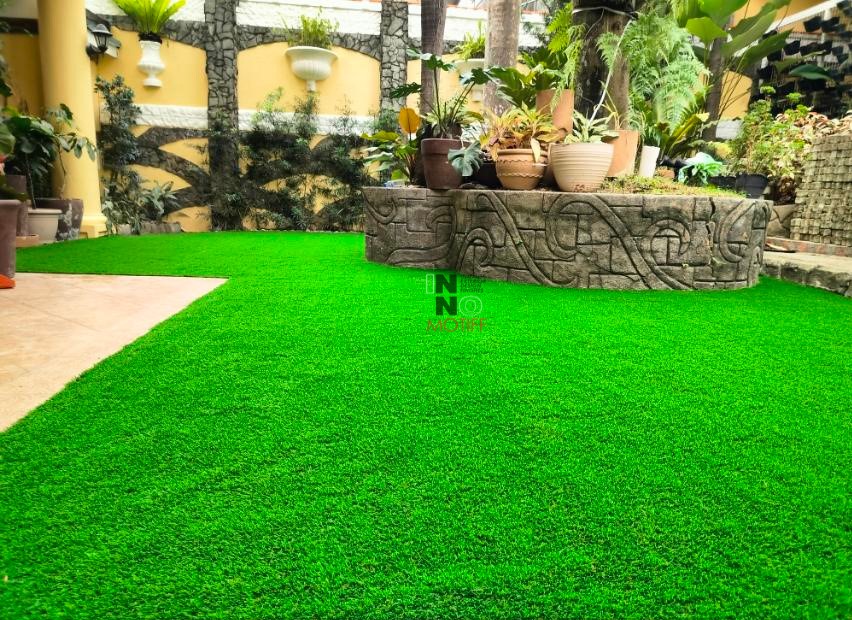the Philippines has seen a surge in environmental consciousness as individuals and communities strive to protect and preserve the country’s natural beauty. As part of this movement, many Filipinos are exploring alternative practices to reduce their ecological footprint. One such trend gaining traction is the use of fake plants as a sustainable and eco-friendly decor option. In this article, we’ll delve into the environmental benefits of fake plants and how they can contribute to a greener Philippines.
The Environmental Impact of Real Plants
Real plants undoubtedly bring life and vibrancy to indoor and outdoor spaces. However, their cultivation and maintenance come with environmental consequences. The water required to sustain real plants, particularly in regions with limited water resources like the Philippines, can be substantial. Additionally, the use of pesticides and fertilizers in plant cultivation contributes to soil and water pollution.
Furthermore, the demand for real plants fuels deforestation and habitat loss as natural ecosystems are cleared to make way for agricultural land or commercial plantations. In a country as biodiverse as the Philippines, preserving native habitats is crucial for the survival of countless plant and animal species.
Understanding Fake Plants
Fake plants, also known as artificial or faux plants, offer an alternative to real plants without sacrificing aesthetics. They are crafted from various materials such as plastic, silk, or other synthetic fibers, mimicking the appearance of their living counterparts with remarkable realism.
Environmental Benefits of Fake Plants
Despite being artificial, fake plants boast several environmental advantages over real plants. One of the most significant benefits is their minimal water requirements. Unlike real plants that need regular watering, fake plants require no water, helping conserve this precious resource in water-stressed areas like the Philippines.
Additionally, fake plants eliminate the need for pesticides and fertilizers, reducing chemical pollution in soil and waterways. By opting for fake plants, individuals can play a part in mitigating the negative impact of conventional agriculture on the environment.
Moreover, the production of fake plants does not contribute to deforestation or habitat destruction. With increasing concerns about biodiversity loss, choosing fake plants over their real counterparts can help preserve vital ecosystems in the Philippines and beyond.
Fake Plants in the Philippines
In the Philippines, the use of fake plants is becoming increasingly prevalent in homes, offices, and public spaces. Filipinos appreciate the low-maintenance nature of fake plants, especially in urban areas where time and space for gardening may be limited. Additionally, fake plants offer a practical solution for decorating indoor spaces that receive little natural light, common in densely populated cities like Manila.
Culturally, fake plants are embraced for their aesthetic appeal and versatility. From vibrant floral arrangements to lifelike succulents, fake plants add a touch of greenery to Filipino homes without the hassle of tending to live plants.
Addressing Concerns
Despite their environmental benefits, fake plants may raise concerns about plastic pollution and lack of biodegradability. However, many manufacturers now offer eco-friendly options made from recycled materials or biodegradable components. When purchasing fake plants, consumers should look for certifications or labels indicating sustainable manufacturing practices.
Takeaway
Fake plants present a compelling solution for individuals seeking to incorporate greenery into their lives while minimizing their environmental impact. By opting for fake plants over real ones, Filipinos can conserve water, reduce chemical pollution, and protect precious ecosystems. As the Philippines continues its journey towards sustainability, embracing eco-friendly alternatives like fake plants can play a significant role in building a greener and more resilient future.
Say goodbye to maintenance hassles and hello to stunning fake plants from Inno + Motiff Corporation Philippines. Discover our wide selection and elevate your space today in fake plants Philippines!










